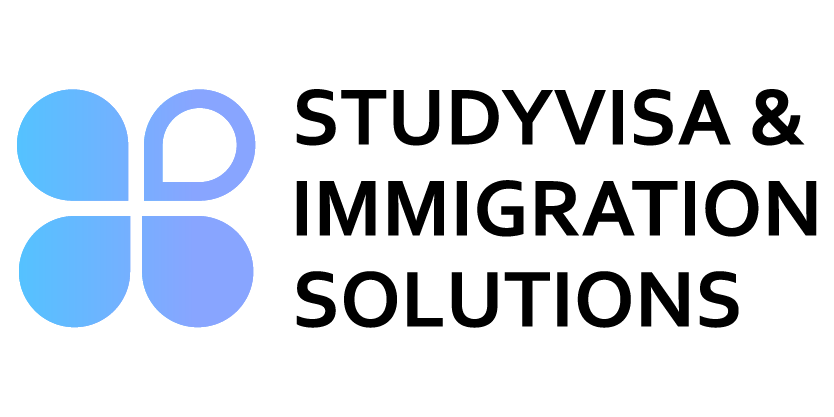| Fact | Point to Be Noted |
|---|---|
| High-Quality Education | Denmark offers globally recognized education with a strong focus on innovation, critical thinking, and creativity. |
| English-Taught Programs | A wide range of programs at both bachelor’s and master’s levels are taught in English. |
| Duration of Courses | Bachelor’s programs typically take 3 years, while master’s programs take 2 years. |
| Post-Study Work Opportunities | Non-EU/EEA students can apply for a 6-month job-seeking visa after graduation. |
| International Student Support | Universities offer comprehensive support services, including orientation, housing help, and academic counseling. |
| Affordable Education | Tuition fees are reasonable compared to other European countries, and education is free for EU/EEA students. |
| Scholarship Opportunities | Scholarships like the Danish Government Scholarships and Erasmus Mundus are available for international students. |
| Health Insurance | Students from EU/EEA countries can use the European Health Insurance Card (EHIC), while others must register for Danish health insurance. |
| Part-Time Work Opportunities | International students can work up to 20 hours per week during semesters and full-time during holidays. |
| Cultural Diversity | Denmark has a welcoming environment, encouraging interaction among students from various cultural backgrounds. |
| Green and Sustainable Living | Denmark is a global leader in sustainability and green living, offering a healthy and eco-friendly lifestyle. |
| Tuition Fees | Tuition fees for non-EU/EEA students range from €6,000 to €16,000 per year depending on the course and institution. |
| Visa Requirements | Students require a Residence Permit to study in Denmark, with proof of finances and an admission letter. |
| Weather Conditions | Denmark has a temperate climate with cold winters and mild summers, so students should prepare for varying temperatures. |
| Global Recognition | Danish universities are highly regarded worldwide, providing excellent career prospects for graduates. |
Best Courses to Study in Denmark
- Engineering (Mechanical, Civil, Electrical)
- IT and Computer Science
- Business Administration and Management
- Environmental Science and Sustainability
- Biotechnology
- Architecture and Design
- Data Science
- Hospitality and Tourism
Intakes in Denmark
Danish universities primarily have two intakes:
- Fall Intake (September): The main intake for most programs.
- Spring Intake (February): Available for select programs and institutions.
Cost of Study in Denmark
| Level of Study | Average Annual Tuition Fees |
|---|---|
| Bachelor’s Programs | €6,000 – €12,000 |
| Master’s Programs | €8,000 – €16,000 |
Cost of Living in Denmark
The cost of living in Denmark is relatively high, but it offers excellent quality of life.
| Particulars | Average Monthly Costs (€) |
|---|---|
| Accommodation | €400 – €800 |
| Food | €200 – €300 |
| Transport | €40 – €70 (discounts for students) |
| Utilities | €80 – €150 |
| Health Insurance | €50 (if required) |
Requirements to Study in Denmark
| Course Level | Qualification |
|---|---|
| Undergraduate | High school diploma equivalent to Danish upper secondary education. |
| Masters | Relevant Bachelor’s degree with minimum GPA requirements (varies by course). |
| PhD | Master’s degree with strong academic performance and research proposal. |
Document Requirements
- Completed application form
- Valid passport
- Proof of English proficiency (IELTS, TOEFL, etc.)
- Academic transcripts
- Statement of Purpose (SOP)
- Letters of Recommendation (LOR)
- Proof of financial support
- Health insurance
Exams for Studying in Denmark
| Course | Exam |
|---|---|
| Engineering & Sciences | GRE, if required by the program. |
| Business Programs | GMAT or GRE (for some master’s courses). |
| Language Proficiency | IELTS, TOEFL, or PTE, depending on the university requirements. |
Scholarships for Studying in Denmark
Denmark offers several scholarships to international students, including:
- Danish Government Scholarships
- Erasmus Mundus Scholarships
- Nordplus Scholarships
- Institution-Specific Scholarships (offered by universities).
Universities We Work With
We are partnered with some of Denmark’s top institutions to help you achieve your academic goals:
- Aarhus University
- University of Southern Denmark (Odense & Sønderborg)
- International Business Academy (Kolding)
- VIA University College (Horsens & Herning)
Career Prospects
Denmark is known for its thriving job market, especially in fields like IT, engineering, and sustainability. Many multinational companies have a strong presence in Denmark, offering excellent career prospects.

